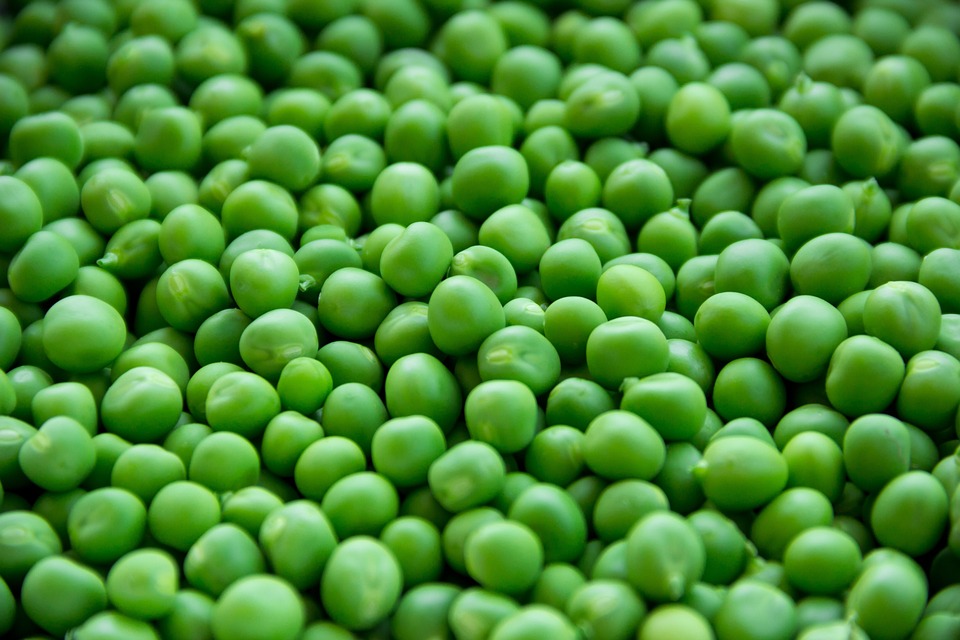Diet for Bariatric sleeve Patients
When it comes to weight loss surgery, the gastric sleeve procedure is one of the Most popular options for patients struggling with obesity. But undergoing this surgery is just the first step on a long journey towards better health. Following a proper diet after the surgery is crucial for successful weight loss and overall well-being. In this article, we will discuss the dietary guidelines for bariatric sleeve patients and provide tips on how to maintain a healthy lifestyle post-surgery.
Understanding the Gastric Sleeve Procedure
The gastric sleeve, also known as sleeve gastrectomy, involves the removal of a large portion of the stomach, leaving behind a small, banana-shaped tube or sleeve. This reduces the stomach’s capacity and restricts the amount of food a person can eat, leading to weight loss. The surgery also affects hunger hormones, making patients feel full faster and stay satisfied longer.
After the surgery, patients must follow a strict diet plan to allow the stomach to heal properly and adjust to its new size. The diet is divided into several phases, starting with a clear liquid diet and gradually progressing to solid foods over time. It is essential to follow these guidelines to prevent complications and achieve the best results from the surgery.
Post-Surgery Diet Guidelines
Following the gastric sleeve surgery, bariatric patients must adhere to specific dietary guidelines to ensure successful weight loss and avoid any complications. Here are some general recommendations for a post-surgery diet:
1. **Clear Liquid Diet:** In the first few days after surgery, patients are only allowed to consume clear liquids such as water, broth, and sugar-free gelatin. This helps the stomach rest and heal after the surgery.
2. **Full Liquid Diet:** After the clear liquid phase, patients can progress to a full liquid diet, including protein shakes, pureed soups, and yogurt. It is essential to focus on getting enough protein to support healing and prevent muscle loss.
3. **Soft Food Diet:** As the stomach heals, patients can start incorporating soft foods like scrambled eggs, cottage cheese, and mashed vegetables into their diet. It is crucial to chew food thoroughly and eat slowly to prevent discomfort and aid digestion.
4. **Regular Diet:** After a few weeks, patients can transition to a regular diet consisting of small, frequent meals high in protein and low in carbohydrates and fats. Portion control is key to prevent overeating and promote weight loss.
5. **vitamin and Mineral Supplements:** Bariatric sleeve patients are at risk of nutrient deficiencies due to reduced food intake and malabsorption. It is essential to take daily supplements, including vitamins B12, D, and calcium, to prevent deficiencies and support overall health.
Tips for Maintaining a Healthy Lifestyle
In addition to following the post-surgery diet guidelines, bariatric sleeve patients must make lifestyle changes to achieve long-term weight loss success. Here are some tips for maintaining a healthy lifestyle after surgery:
1. **Stay Active:** Regular physical activity is essential for weight loss and overall health. Patients should aim to incorporate at least 30 minutes of exercise into their daily routine, such as walking, swimming, or strength training.
2. **Hydrate:** Drinking enough water is crucial for staying hydrated and promoting weight loss. Patients should aim to drink at least 64 ounces of water per day and avoid sugary beverages that can hinder weight loss progress.
3. **Mindful Eating:** Paying attention to hunger cues and eating slowly can help patients prevent overeating and promote digestion. It is essential to focus on nutrient-dense foods and avoid empty calories to support weight loss.
4. **Support System:** Having a strong support system of family, friends, or a bariatric support group can help patients stay motivated and accountable on their weight loss journey. It is essential to seek support when needed and celebrate small victories along the way.
5. **Follow-Up Care:** Regular follow-up appointments with a bariatric surgeon and dietitian are crucial for monitoring progress, addressing any concerns, and adjusting the diet and exercise plan as needed. Patients should not hesitate to reach out for help or guidance whenever necessary.
In conclusion, following a proper diet and making lifestyle changes are essential for bariatric sleeve patients to achieve successful weight loss and maintain overall health post-surgery. By following the dietary guidelines, staying active, and seeking support when needed, patients can improve their quality of life and enjoy the long-term benefits of the surgery. Remember, weight loss is a journey, not a destination, and every small step towards a healthier lifestyle counts.
Frequently Asked Queries Concerning Diet For Bariatric Sleeve Patients
What is a bariatric sleeve surgery?
A bariatric sleeve surgery, also known as a sleeve gastrectomy, is a surgical procedure in which a large portion of the stomach is removed, creating a smaller sleeve-shaped stomach. This smaller stomach restricts the amount of food that can be eaten, leading to weight loss.
– Creates a smaller stomach pouch
– Restricts the amount of food that can be eaten
– Promotes weight loss
Why is diet important for bariatric sleeve patients?
Diet plays a crucial role in the success of bariatric sleeve surgery. Following a proper diet after surgery can help patients achieve and maintain their weight loss goals, prevent complications, and improve overall health and well-being.
– Helps achieve and maintain weight loss goals
– Prevents complications
– Improves overall health and well-being
What foods should bariatric sleeve patients avoid?
Bariatric sleeve patients should avoid certain foods that can cause discomfort, digestive issues, and weight regain. These include high-calorie, high-fat, and sugary foods, as well as foods that are difficult to digest.
– High-calorie, high-fat, and sugary foods
– Foods that are difficult to digest
– Foods that can cause discomfort and digestive issues
What are some recommended foods for bariatric sleeve patients?
Bariatric sleeve patients should focus on consuming nutrient-dense foods that are high in protein, vitamins, and minerals. Some recommended foods include lean proteins, fruits, vegetables, whole grains, and dairy products.
– Nutrient-dense foods high in protein, vitamins, and minerals
– Lean proteins, fruits, vegetables, whole grains, and dairy products
– Foods that are easy to digest
How can bariatric sleeve patients ensure they are getting proper nutrition?
To ensure they are getting proper nutrition, bariatric sleeve patients should work closely with a registered dietitian who specializes in bariatric surgery. They should also take vitamin and mineral supplements as recommended by their healthcare provider, and follow a balanced and varied diet.
– Work closely with a registered dietitian
– Take vitamin and mineral supplements as recommended
– Follow a balanced and varied diet
Wrong Beliefs Concerning Diet For Bariatric Sleeve Patients
Common Misconceptions about Diet for Bariatric Sleeve Patients
One common Misconception about diet for bariatric sleeve patients is that they can eat whatever they want in smaller portions. This is not true as bariatric sleeve patients need to follow a specific diet plan to ensure they are getting the necessary nutrients.
Myth: Bariatric sleeve patients should only eat protein
Another misconception is that bariatric sleeve patients should only focus on eating protein. While protein is important for bariatric sleeve patients, they also need to consume a balanced diet that includes fruits, vegetables, and whole grains to ensure they are getting all the necessary nutrients.
Myth: Bariatric sleeve patients don’t need to take vitamins
Some people believe that bariatric sleeve patients do not need to take vitamins after surgery. However, bariatric sleeve patients often need to take vitamin supplements to prevent deficiencies since their bodies may have difficulty absorbing certain nutrients.
Myth: Bariatric sleeve patients can’t enjoy their favorite foods
It is a common misconception that bariatric sleeve patients can never enjoy their favorite foods again. While it is true that bariatric sleeve patients need to be mindful of their food choices, they can still enjoy their favorite foods in moderation as part of a balanced diet.
Myth: Bariatric sleeve surgery is a quick fix for weight loss
Another misconception is that bariatric sleeve surgery is a quick fix for weight loss. While bariatric sleeve surgery can help patients lose weight, it is not a magic solution and requires commitment to a healthy diet and lifestyle changes to maintain long-term weight loss.
Diet For Bariatric Sleeve Patients
#diet #bariatric #sleeve #patients #typically #consists #phases #patient #gradually #transition #solid #foods #ensure #proper #nutrition #promoting #weight #loss

